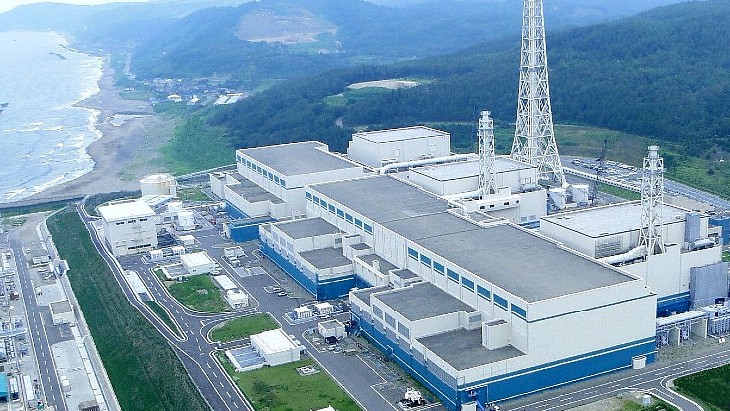The Garoña nuclear power plant will continue operation for four more years subject to certain upgrades, after a curious decision by the Spanish government.
.jpg) |
| Garoña, a 446 MWe boiling water reactor (Image: Foro Nuclear) |
The CSN's report of 8 June said that Garoña would be safe to operate for a further ten years and specified certain technical upgrades that should be made before 2013. However, the ministry only granted a license for four more years after what Nuclenor called an 'arbitrary act without justification in law'.
Nuclenor complained that it had complied with all the requirements of its previous ten-year licence and therefore the failure to grant a further licence in line with the advice from the CSN was not in keeping with the accepted procedure. It said that launching legal action would be a possibility to 'protect the legitimate rights and interest of all the parties affected by an arbitrary decision lacking justification.'
The Spanish Nuclear Industry Forum, Foro Nuclear, said the early end of 1000 jobs at the plant "shows a lack of social sensitivity by getting rid of a driving force in employmnent and economic revitalization in the area." Workers from the plant had demonstrated to the Congress of Deputies with the support of Cristobal Montoro, economic spokesman for the Popular Party, saying "We want to work! We want a future for all workers in the nuclear sector."
The trade body called the government's actions a 'grave mistake' and added that Garoña avoided 3 million tonnes of carbon dioxide emissions per year compared to the grid mix that will replace it. Because Spain is missing its targets under the Kyoto Protocol, the purchase of additional credits will cost the country €60 million ($84 million) per year.
The new license will allow the plant to operate until 5 July 2013, when it will be 42 years old and a decision by the next government will be required. In most countries decisions of nuclear safety are matters for the independent regulatory body and made separately from political concerns. In the USA for example, over 50 reactors not dissimilar to Garoña have gained permission to operate up to the age of 60 years, based on certain maintenance regimes.





_91467.jpg)
_47120.jpg)
_16439.jpg)





